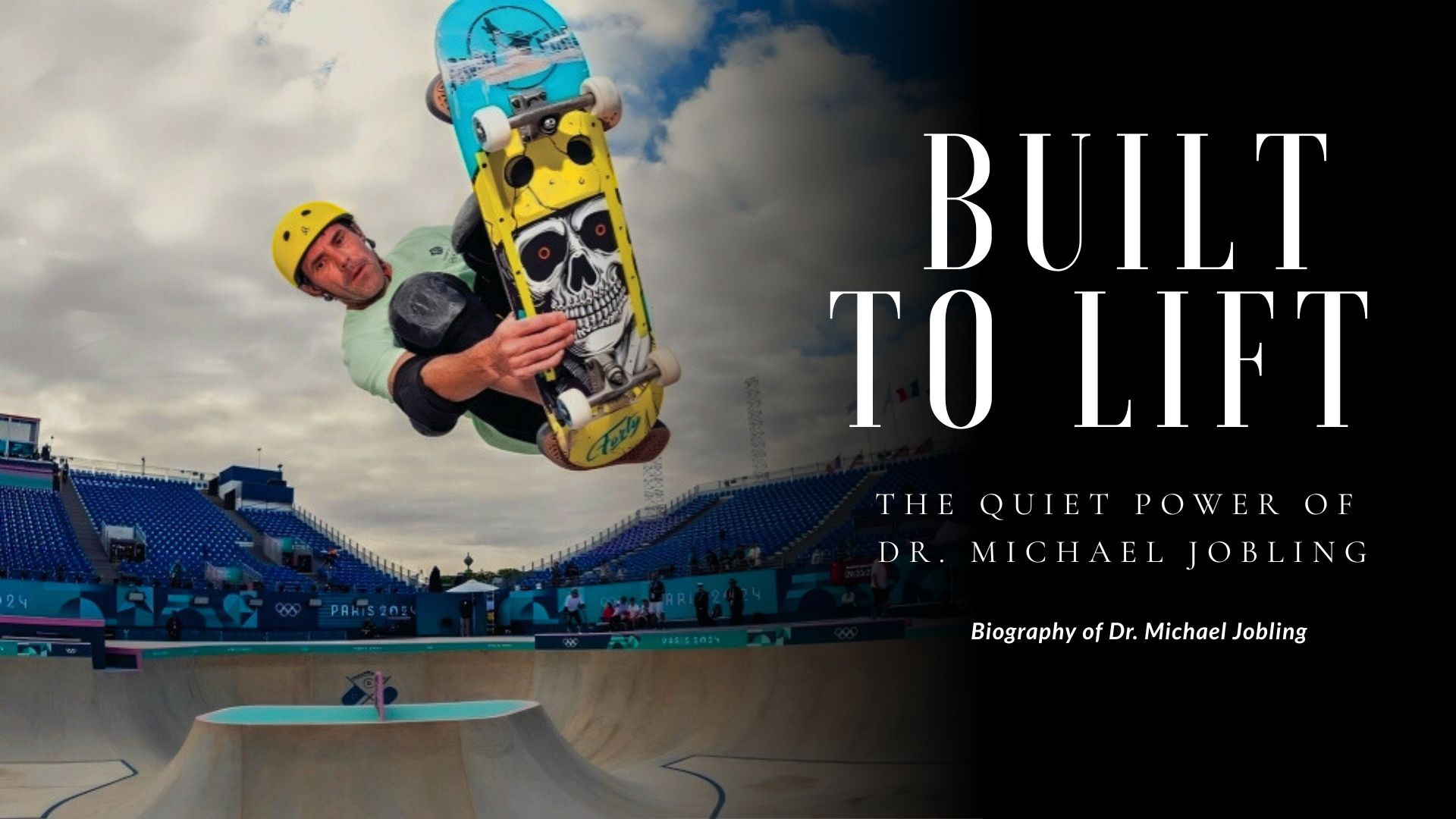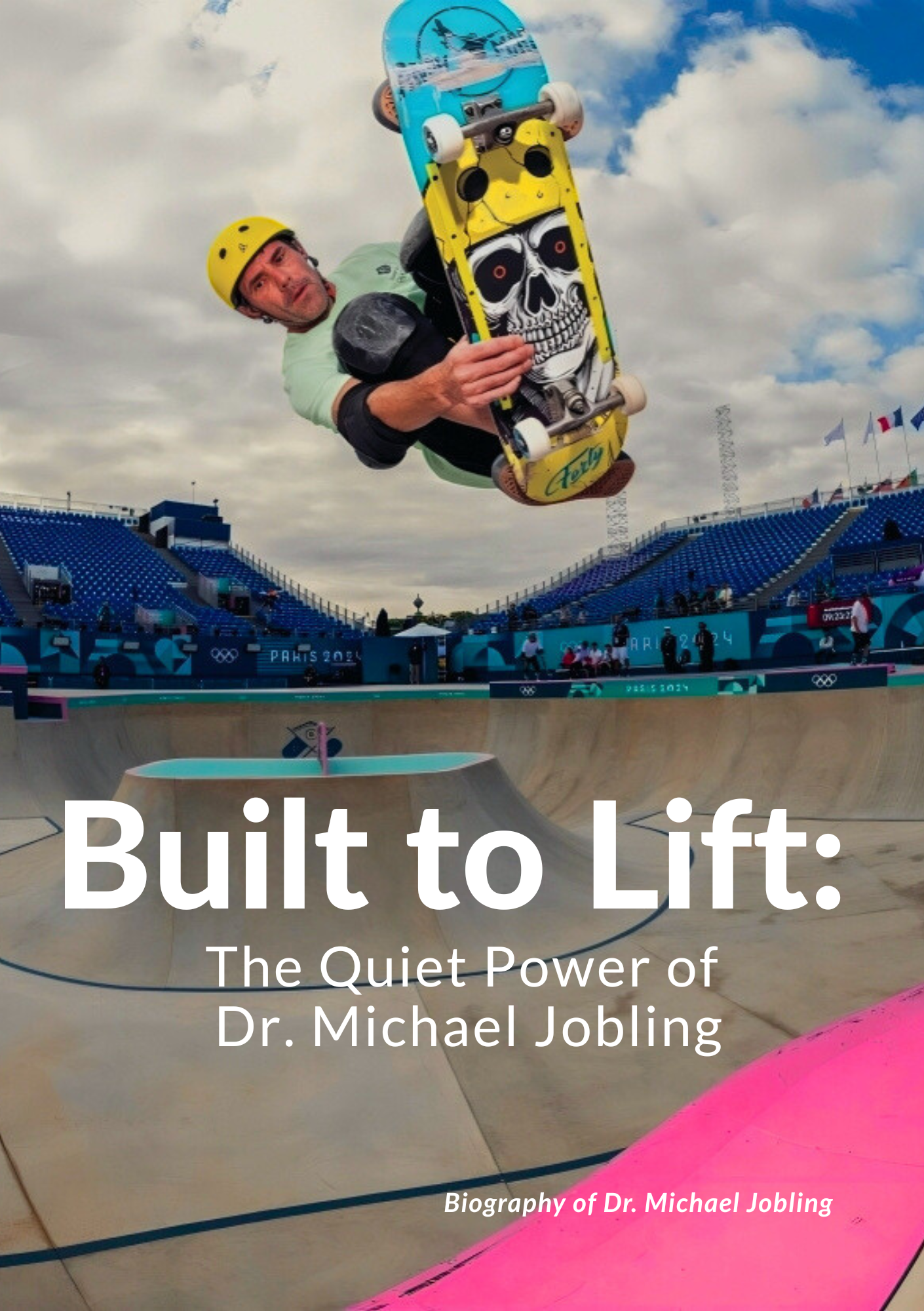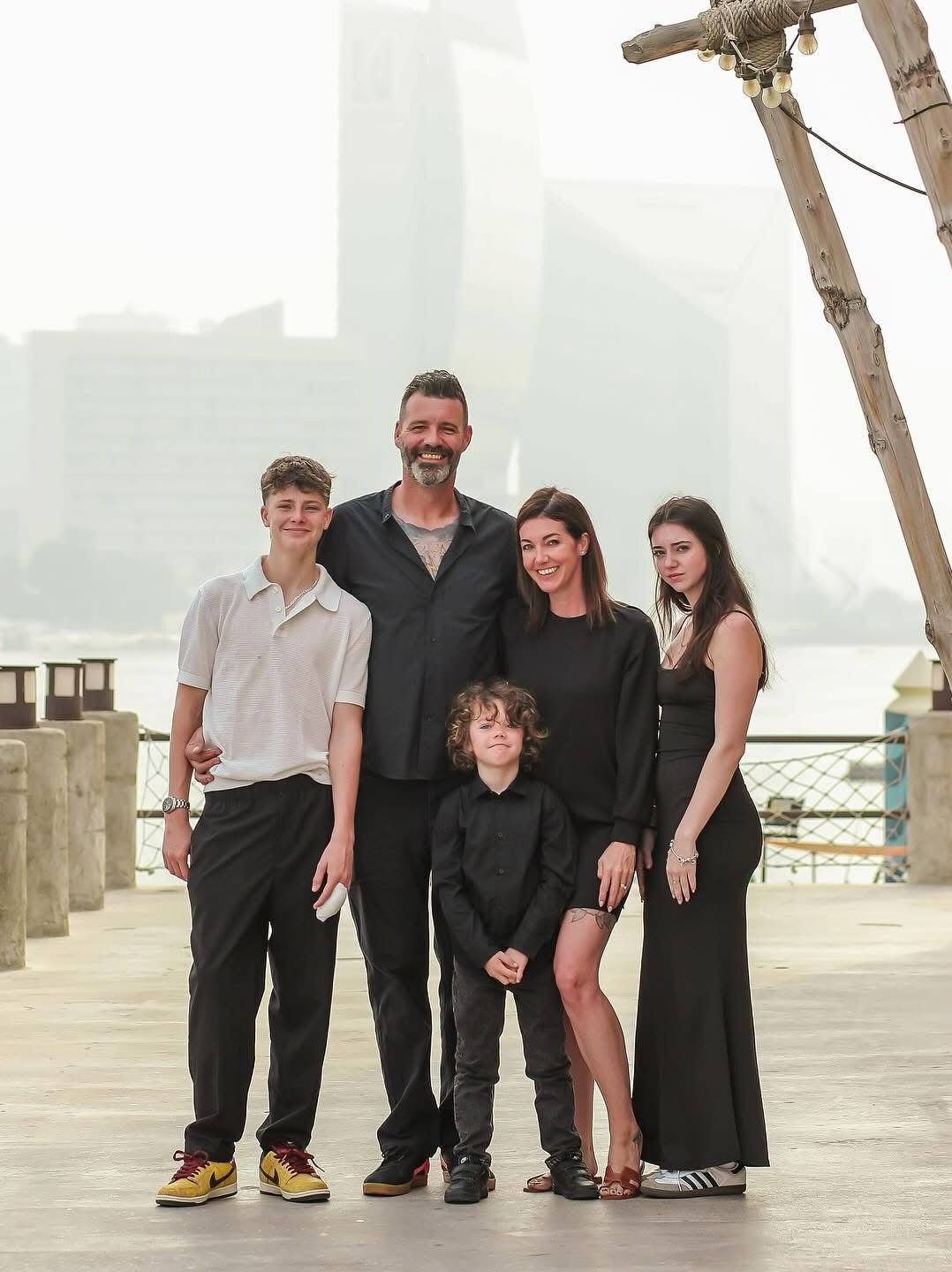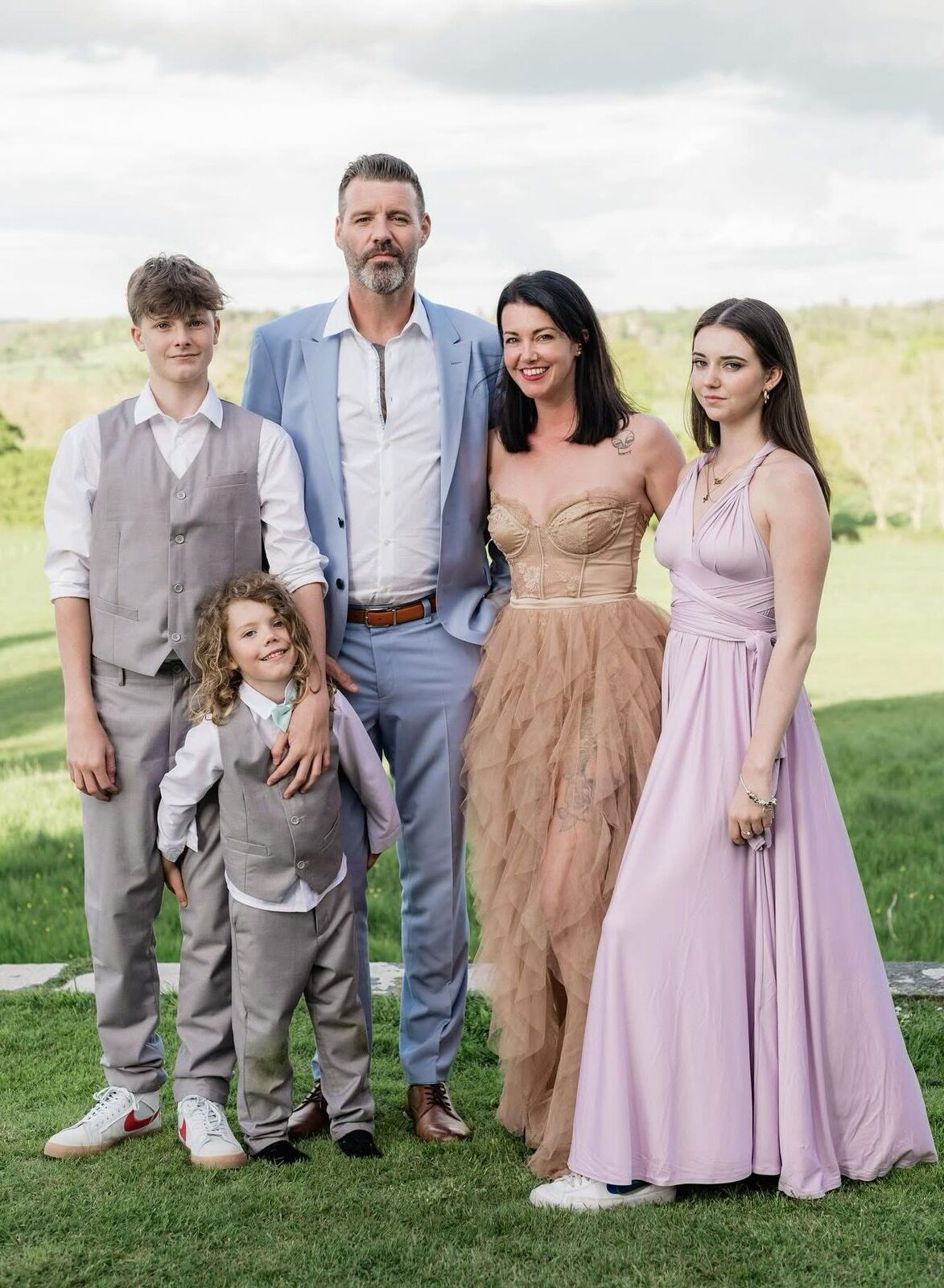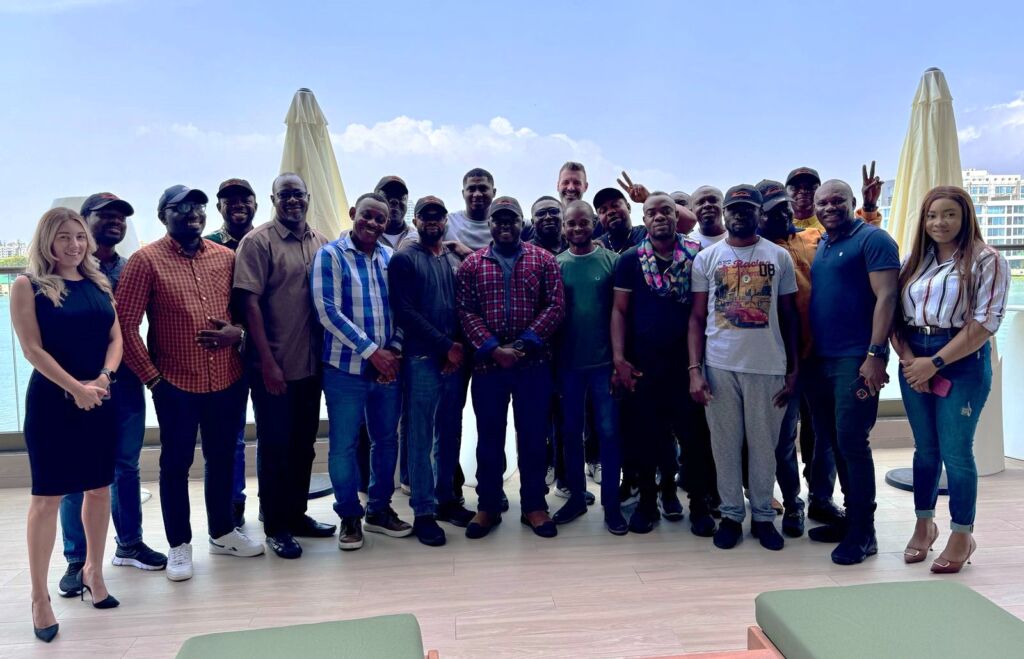The roots of Dr. Michael Jobling’s journey are humble—not built on inherited legacy or structured privilege, but on quiet observation and early clarity. Before the boardrooms and balance sheets, before global expansion strategies and joint ventures, he was simply a boy watching his father work. An engineer, a mechanic, a man of his hands and heart—Dr. Michael Jobling’s father wasn’t just a technician in the oil and gas world; he was a living lesson in commitment and precision. From him, Michael inherited more than skill—he inherited spirit.
From the very beginning, there was a natural curiosity in him. Engines weren’t just machines; they were puzzles—kinetic, alive, and intricate. What others saw as grease and grind, Dr. Michael Jobling saw as logic and language. He understood early on that a good technician listens to a machine the same way a good leader listens to people—not to respond, but to understand.
Yet, even with such early inclinations, his path wasn’t linear. In a world that often pushes young adults toward conventional careers, Dr. Michael Jobling initially pursued computing in college. He gave it his earnest effort, sitting behind a desk and trying to make peace with a screen. But his instincts rebelled. Something visceral inside him knew that his place wasn’t in algorithms or air-conditioned office cubes—it was out there, in the field, among machines that roared and people who built.
That self-awareness—the courage to pivot—would become a defining theme throughout his life. At a time when many conform to comfort, Dr. Michael Jobling chose alignment. He followed his intuition back to engines, back to the tactile world of compression systems, and into the kind of work that would take him across continents and cultures.
He joined the workforce at just 18 years old, diving into service roles that demanded not only technical competence but emotional grit. His early years were shaped by solitude, responsibility, and the kind of learning that textbooks can’t offer. While peers flocked to clubs and idle distractions, Dr. Michael Jobling was reading technical manuals, studying compressor architecture, and teaching himself the nuances of systems he was yet to master. That dedication, often invisible, laid the foundation for his reputation as a subject matter expert later in life.
But it wasn’t just about machines. Even in those formative years, people noticed something different about him—a work ethic too disciplined for his age, a calm clarity that made even the most complex problems seem solvable. At Airchannel Ltd., one of his earliest professional homes, he was told bluntly:
“This job isn’t for everyone. It’s tough, it’s lonely, and it demands self-motivation.”
Dr. Michael Jobling didn’t flinch. His background in individual sports had already taught him the rhythm of solitude and the value of discipline. He responded with quiet confidence:
“I’m already self-motivated. That won’t be a problem.”
